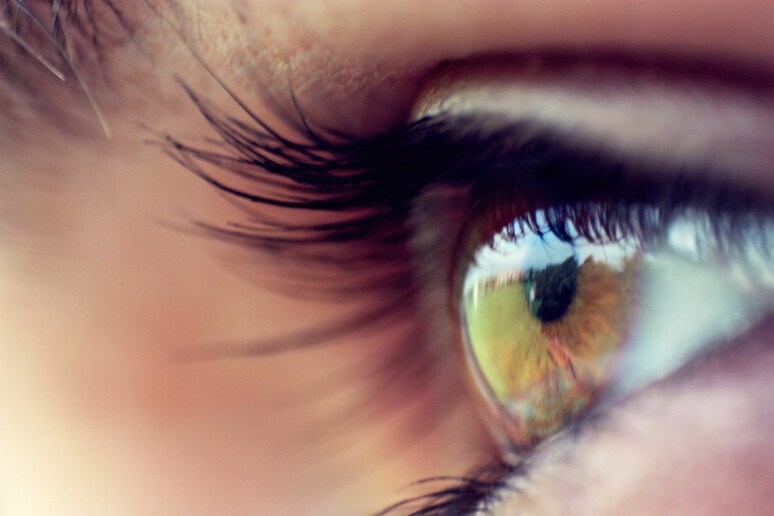In the U.S., some people choose to undergo the surgical procedure that allows them to change the color of their iris for purely cosmetic reasons. They claim that they want to make this change to look better and feel more confident with the most diverse and personal motivations. To cite one example, in the case reported by the Wall Street Journal, a young man from New Jersey underwent the procedure that changed the color of one of his brown eyes to blue because he wanted to have them the same as those of his beloved Siberian husky.
The procedure, known as keratopigmentation or corneal surgery, takes about half an hour and has an immediate result. Still, some doctors say it can be dangerous and should not be undertaken lightly. Dr. Alexander Movshovich, a board-certified ophthalmologist who has his practice in Midtown Manhattan is among the few surgeons in the United States who offer keratopigmentation service for non-medical reasons and has already successfully treated about 15 patients. The fee for the procedure practiced by Movshovich is $12,000.
According to Quillermo Amescua, professor of ophthalmology at the University of Miami, this procedure should not be used on people who have healthy eyes but only to correct ophthalmic conditions involving iris depigmentation. He says about surgeons who practice it for cosmetic reasons and patients, “They are taking a risk. Cosmetic keratopigmentation carries “serious risks of vision loss and other complications, including hypersensitivity to light and bacterial or fungal infections.” The safest way to lighten the appearance of the eyes is with graduated contact lenses, the expert emphasizes.
In detail, the doctor applies topical anesthetic eye drops to the iris, then the laser creates a kind of “tunnel” in the cornea inside which, using a special instrument, a specific mixture of pigment is distributed.
Meanwhile, as the Wall Street Journal reports, in a 2021 study published in the journal Cornea, twelve out of 40 patients undergoing cosmetic keratopigmentation complained of temporary light sensitivity. Five people claimed that the pigments had faded or even changed color.
However, Dr. Brian Boxer Wachle, a corneal specialist who has been performing cosmetic keratopigmentation in Los Angeles since early 2024, said there have been no published reports that actually show that cosmetic keratopigmentation always causes infections. There are also no reports, he said, of vision loss in people who have undergone the treatment. In addition, the benefits might outweigh the risks for patients with diseased corneas, but there are not enough data to definitively confirm these hypotheses, according to the expert.












